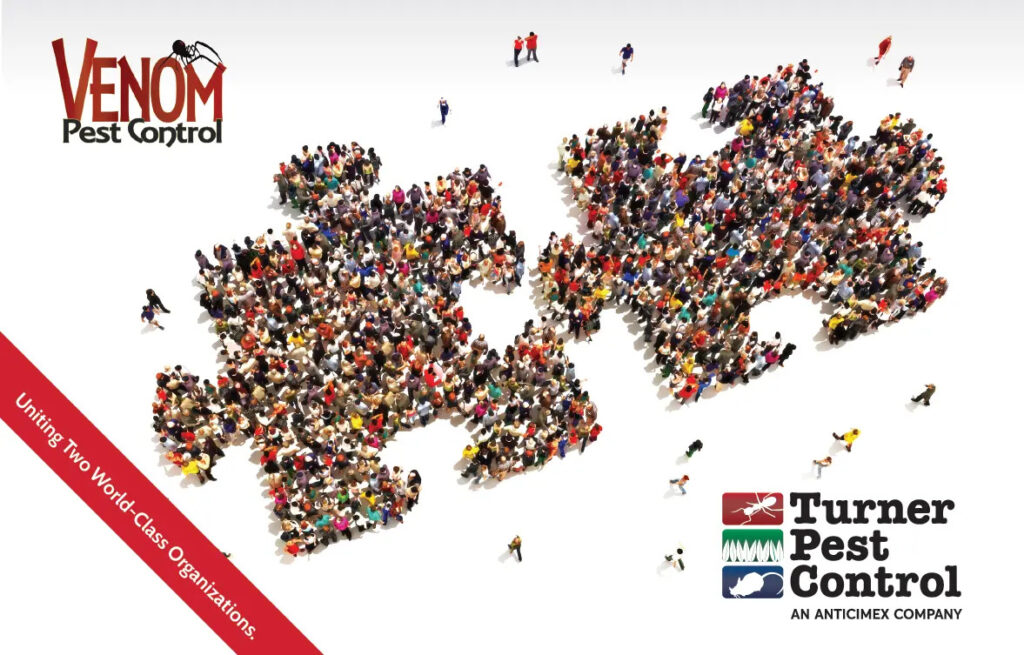
Some Orlando pests are less active in winter, but termites aren’t among them. They forage for food year-round and stay active when they’re in a relatively warm environment. Termite queens can continue laying eggs in every season and in some warmer places, you can even see swarms of termites in the wintertime.
What termites do in the wintertime also depends upon what type of termites they are. According to studies listed at ResearchGate.net, approximately 2,800 different types of termites have been identified, with 185 of them considered pests, either in agriculture or in housing structures. And, termites certainly aren’t a new problem, with the New York Times stating that “termites have been nibbling away at wood on the earth for at least 100 million years.” (This article goes on to note that, “For most of that time, of course, few complaints were registered.”)
Certain types of termites can be especially destructive, including subterranean, drywood and Formosan. Here’s more about each of these.
Subterranean Termites (Ground Termites)
These pests live underground, with wood being their main food source. They will tunnel down as far as 150 feet underground to find wood, which can include foundations of houses. These termites cause 95 percent of termite damage in North America, and are found throughout the United States, especially in warmer climates.
A single colony of subterranean termites can have one million members, with a colony of that size needing to eat about 15 pounds of wood each and every week! These colonies can destroy foundations of homes, as well as support beams, plastic pipes, insulation and more.
When winter hits in cooler climates, these termites typically dig more deeply into the ground to find the warmth they need. Places where they feed in other seasons may be abandoned, at least until temperatures warm up again, and termites in cooler climates tend to stay nearer to their nests in winter.
In warmer climates such as Orlando’s, though, the termites don’t need to burrow deeply to find warmth and, if they’ve already found their way into your comfortable home—perhaps in your home’s foundation—then they’re all set for winter months.
Drywood Termites
These termites live above ground inside of wood, especially in the southeastern portions of the United States and in southern California. Ideal homes, from their point of view, include door frames, window frames, and attics. Homeowners often don’t even know that their homes are infested because wood may be crumbling from the inside out.
As for their activity during winter, the good news is that, according to Pest Technology Online, testing shows that winter weather can indeed kill off these critters. The bad news, however, is that drywood termites can survive Florida winters, since it takes an extended period of subfreezing temperatures to kill them.
Formosan Termites
These especially destructive termites entered the United States through port cities and can spread, scientists believe, through infested railroad stakes. Formosan termites infest wood, from live trees to boats. Conclusions about this species are similar to that of the other species described in this post. Winter is their least active period, but the Louisiana State University Agricultural Center shares that Formosan termites can remain active in warmer climates.
In short, the weather that attracts people to Florida is the same weather that can be so welcoming to termites.
Signs of Termite Infestations
It’s important to watch for signs of termites in your home, regardless of the season. If, for example, you see flying insects swarming near light fixtures, be aware that they may be termites. These are known as alates, which are termites in the reproductive stages of their life cycles. If you observe swarms of these pests, this may indicate a large colony nearby.
Shed wings are also a sign of active infestation. Termites shed them as they enter their next developmental stage, with their wings looking like tiny fish scales. You may also find small piles of droppings. Termite feces are small, the color of wood, with ridges. Note that not all termite species leave signs of droppings.
Other signs include:
- Mud-like tunnels that come up from the ground—if you destroy them but they are rebuilt, this is a clear sign of infestation
- Swollen walls, floors or ceilings—they may appear to have water damage and have a moldy smell
- Holes in wood, whether in your furniture or walls—if there is soil around the edges, this is likely a termite infestation
Expert Termite Control Services
If you have reason to believe your Orlando home has termites, no matter the season, contact a professional pest control company that deals with termite infestations.
Not all termite control companies are alike: Some may cut corners, performing only spot treatments or even skipping some areas of your home altogether. At Turner Pest Control, we provide protection everywhere that termites can enter your home and cause damage. We block entry points, including around plumbing, we address above-slab patio and room addition issues, treat the soil and more.
For the ultimate effectiveness and the most protection for your property’s appearance, we offer Termidor HP, our high-tech termite control solution. We precisely apply the latest liquid product in a way that’s minimally disruptive to your landscaping, patio areas or pool decks rather than use traditional rodding and trenching methods that can compromise your yard’s aesthetics.
SMART TurnerGuard: The Most Comprehensive Pest and Termite Control
Our all-in-one SMART TurnerGuard Termite plan gives you complete pest and termite protection. Find out more about our Orlando termite control services and contact us online to tackle your toughest Orlando pest control problems today.


